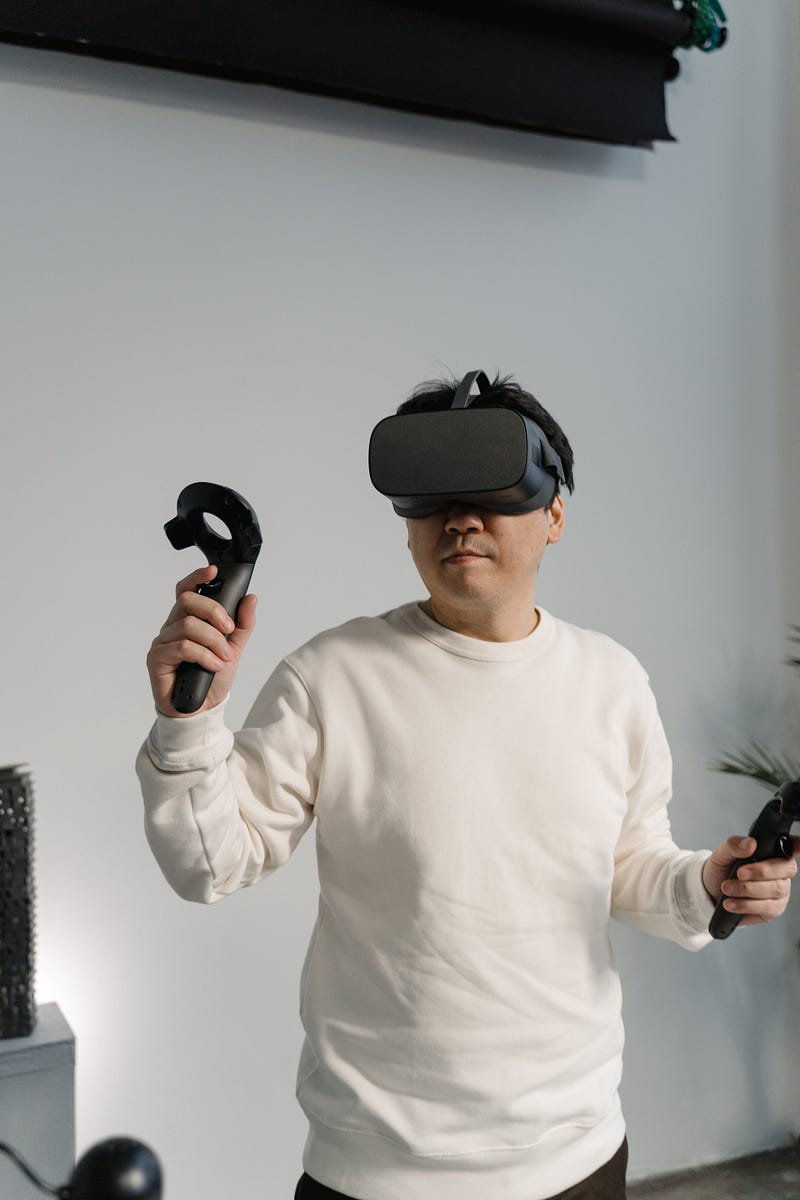Are We Existing in a Simulation? Exploring Two Compelling Theories
Written on
Chapter 1: The Quest for Existence
What is the origin of life on Earth? Is it the result of divine creation, a scientific process, or merely a fortunate coincidence? For centuries, humanity has pondered this question, engaging in debates, formulating hypotheses, and even clashing over differing beliefs. Yet, despite extensive discourse, no single theory has emerged as universally accepted as the definitive explanation for our existence.
In recent times, the simulation hypothesis has garnered attention as a potential rationale for our reality, suggesting that what we perceive as life might just be an advanced computer simulation. This leads to intriguing questions: Are we mere avatars in a game controlled by an unseen operator? Or has our creator allowed us to navigate our existence independently as part of an experiment?
Like many other theories, the simulation hypothesis remains speculative. Nonetheless, here are two compelling points that may suggest life on Earth could be interpreted through this lens:
Technological Evolution
In 1972, Nolan Bushnell, co-founder of Atari, launched Pong, one of the first commercially successful video games that simulated a simplistic 2D table tennis experience. While Pong captured the essence of table tennis, the experience was far from reality.
Fast forward to today, and we witness remarkable advancements in gaming technology, transitioning from simplistic 2D games to immersive virtual reality (VR) experiences, such as Eleven for the Oculus Rift. Unlike Pong, which relied on a joystick and screen, the Oculus Rift employs a headset and Bluetooth controllers, offering players a truly immersive experience.

I received an Oculus Rift as a gift in 2020. Initially skeptical, I was astounded by the realistic visuals and the vast array of environments available. Reflecting on the rapid evolution of gaming technology from Pong to VR, it’s astonishing to consider that the developers of the 1970s could never have envisioned such advancements. As technology progresses, creating more intricate virtual realities, the likelihood that our own reality might also be a simulation increases.
In other words, while contemporary video games are clearly distinct from real life, the gap may narrow as creators develop experiences that blur those lines. Who's to say the reality we inhabit isn't a sophisticated game in itself?
The Universe's Intricate Design
Humanity has made great strides in explaining various phenomena on Earth. We understand the principles of evolution and the role of microorganisms in diseases. However, certain scientific concepts could be interpreted as limitations imposed by a simulation. For instance, the speed of light is viewed as an absolute maximum; proponents of the simulation hypothesis might suggest this constraint is a safeguard to prevent entities within the simulation from exceeding certain limits.
Additionally, constants such as gravity and electromagnetic forces seem finely tuned for life on Earth. If gravitational forces were altered, the conditions necessary for stable climates could be compromised. The precise alignment of these natural laws is essential for the existence of life.
Furthermore, the complexity of biological systems, especially at the molecular level, raises questions about an intelligent designer. The intricate nature of biological information, such as DNA, suggests the influence of a thoughtful consciousness.
What if Reality is a Simulation?
Even if we are living in a simulation, it doesn’t change the reality we experience daily. We still face responsibilities like work, education, and financial obligations. The value of exploring the origins of life, whether through religious, scientific, or simulation perspectives, lies not in altering our daily tasks but in reshaping our mindset toward them.
While societal success is a common goal, it's liberating to recognize that humanity itself struggles to define its existence and purpose. With this awareness, embrace a sense of freedom and remember that no task in life should be taken too seriously.
Chapter 2: Technology and Reality
In this video, Klee Irwin explores the concept of living within a simulation and delves into the implications of this theory for our understanding of reality.
The video titled "Why You're Probably Not a Simulation" discusses counterarguments to the simulation hypothesis, offering a balanced perspective on the debate.